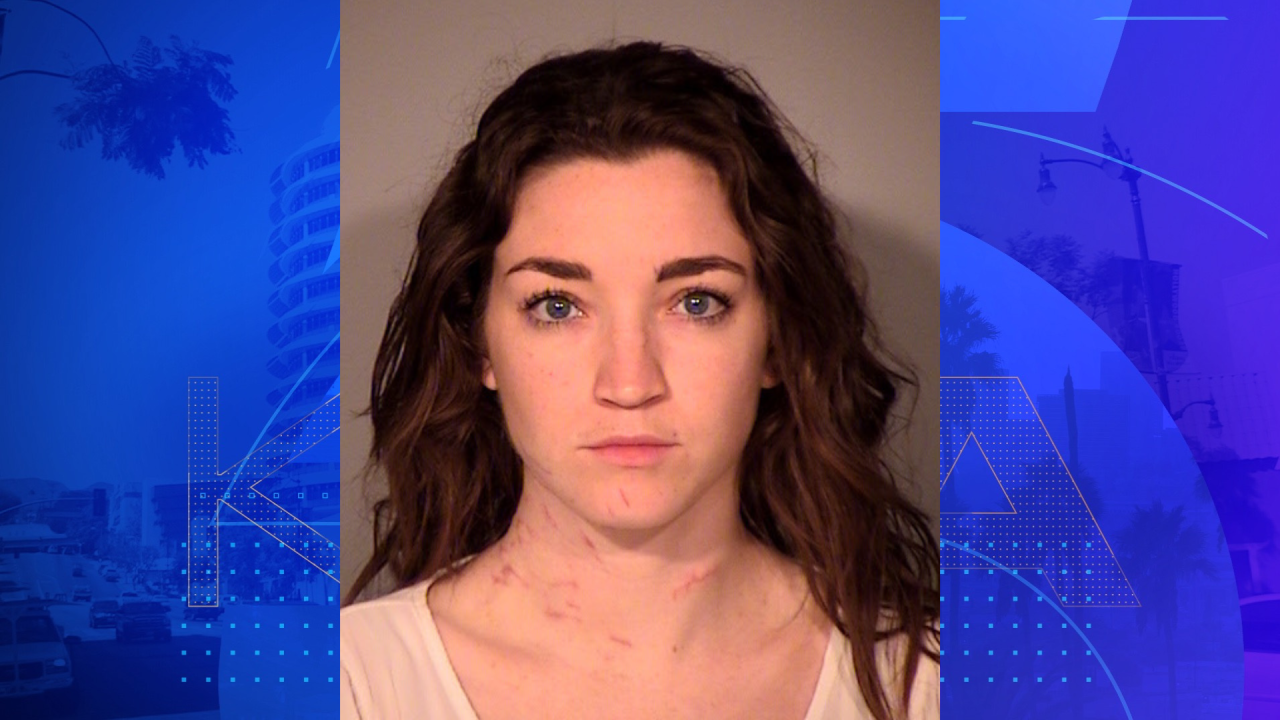10ofRods
Verified Anthropologist
- Joined
- Jun 27, 2019
- Messages
- 15,560
- Reaction score
- 194,971
No, there was no genetic history at all. Which is why we had no idea what was really going on with him, until he was finally, properly , diagnosed with Schizophrenia.
We thought he was using hard drugs and hiding that from us---which turned out to be incorrect.
He lived with Schizophrenia for the rest of his life. Was hospitalised a few times, lived in group homes most of his life and took strong meds until his death in his late 50's.
Although one of his doctors from the mental hospital once asked my mother if she had been ill at any point during her pregnancy with him. And she said she does remember being in the hospital with a respiratory infection, and then later a urinary tract infection, and both times needed medications. He told her there was some research connecting illnesses during pregnancy with later mental health issues in the children.
It's really hard to know if there were genes. We find new ones that cause schizophrenia every so often (there are quite a few - most schizophrenics have just one of them; some have other genes that may interact with the schizophrenia genes - and so they are more vulnerable). It's kind of like playing the slots, if the alleles in one's ancestry are scrambled each time a new baby is made (which they are - through the processes of crossover and random assortment). So, for example, if one parent had a gene for schizophrenia (even the strongest ones are expressed only about 70% of the time, last time I read up on it, which was maybe 5 years ago) and the other parent had another gene that helps trigger schizophrenia (we have no clue how many of those there are), the chances are slim that two siblings would get both of those alleles (more than 23,000 alleles with two alleles in each slot - so 46,000 combinations X an unknown number of schizophrenia-enabling genes).
This case and the research on schizophrenia and cannabis make me think that there's likely a gene (perhaps not related just to schizophrenia) for intense, psychotic reactions to marijuana (or even just to sativa - the strain that many people prefer for its somewhat upper-like qualities).
I don't think most psychiatrists and psychiatric anthropologists think that viruses or maternal illness is the root cause of new in a family line - but it is possible, of course). The literature on maternal illness and medication and future mental health of children is both vast and necessarily sketchy. But so far, I don't think we have any evidence of someone developing schizophrenia without one of the known genes - but the methodology for figuring out new alleles has made some people who look and act schizophrenic end up being diagnosed with a general psychosis (I'm looking at a couple of human subjects in that area right now - both are students of mine with that diagnosis).
It's a fascinating subject. And as for prior psychiatric symptoms, one of my interests has long been physicians who are diagnosed with either bipolar (more genetically determined than schizophrenia) and schizophrenia. One of my good friends, who passed away during COVID, was a high-functioning schizophrenic physician. She had 1 gene for schizophrenia, her mother was also schizophrenic, she participated in research about those genes, which is how I met her. Her mother may have had more than one of the genes.
But she often pondered what other genes she might have (that made her have psychotic episodes). If there are new alleles (which we're learning happens more than we used to think in genetic anthropology), how would we know about them? Much less know what caused them? A major cause of mutations-in-general is lack of protein or nutrients in the maternal diet. Hard to go back and investigate, except anecdotally.
Anyway, my friend functioned very well as a physician for many years. She did avoid drugs and alcohol. She meditated a *lot.* She hung out with other schizophrenics, too (including other physicians - which is how I met a couple of others - one of whom was significantly impaired, IMO). She always wondered if she was truly the paranoid type (and if the typing of schizophrenia was accurate in psychiatry - her own insights were highly valuable, but she never published on the topic).
So in the case of this now-convicted murderer, it could be that marijuana did indeed trigger a deeper psychosis - but many people live with semi-psychotic features of schizophrenia or bipolar and function fairly well in their professional lives.

Ventura County woman killed man during weed-induced psychosis
A Thousand Oaks woman was convicted of killing a man during an episode of psychosis that was brought on by marijuana, according to the Ventura County District Attorney’s Office. The suspect, …
This is a local article on her conviction.



